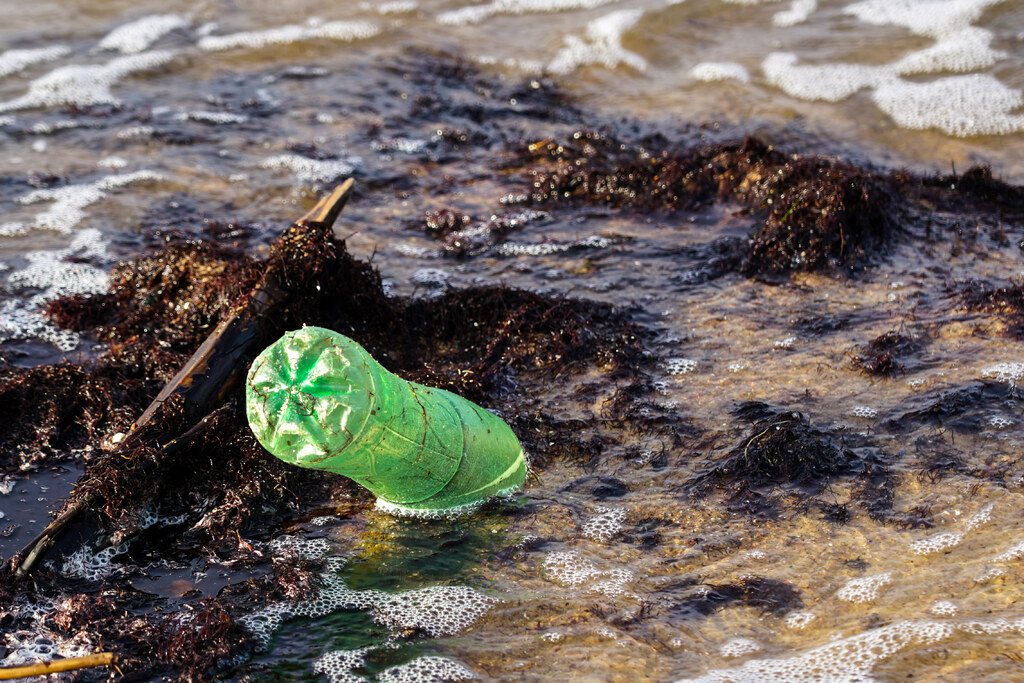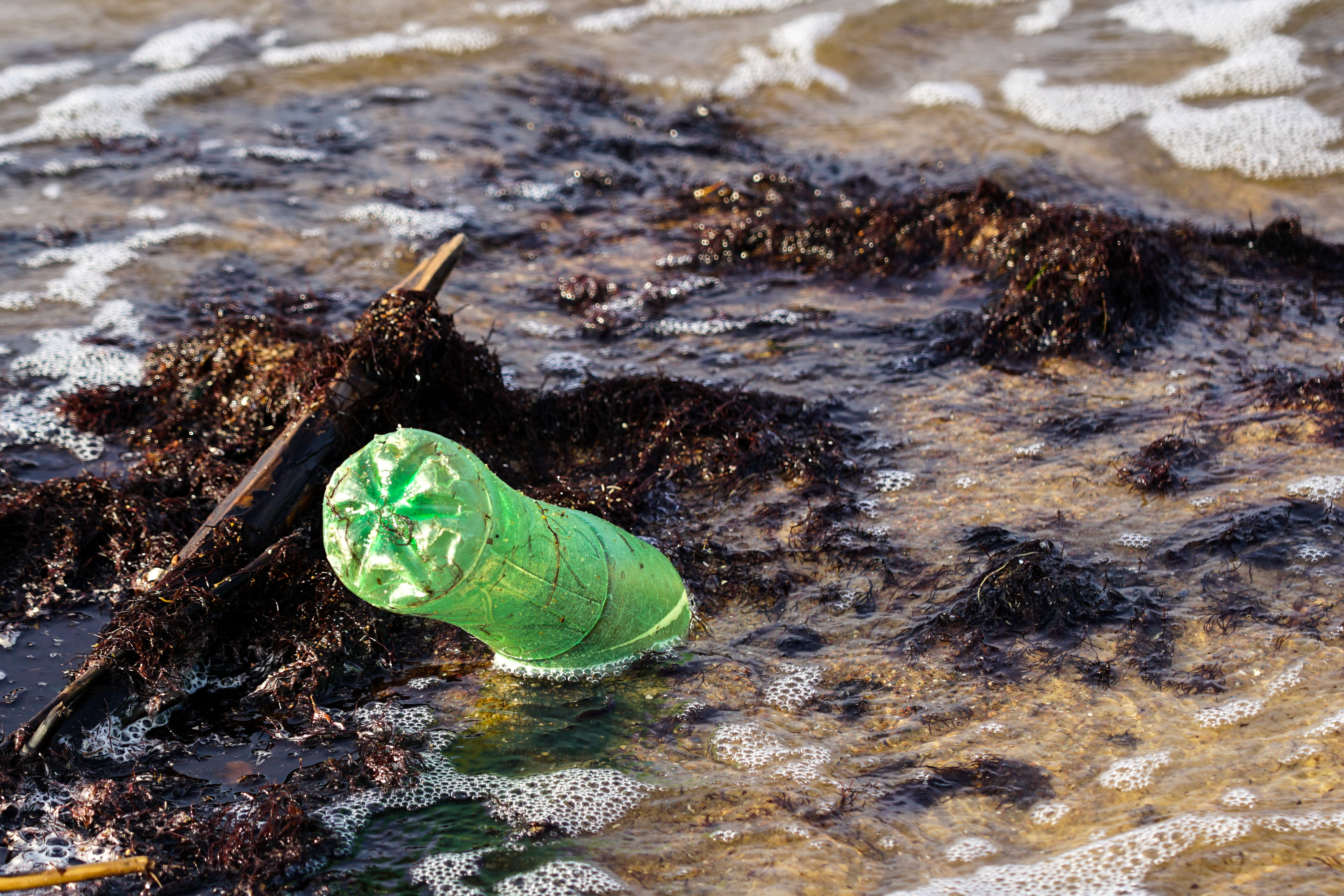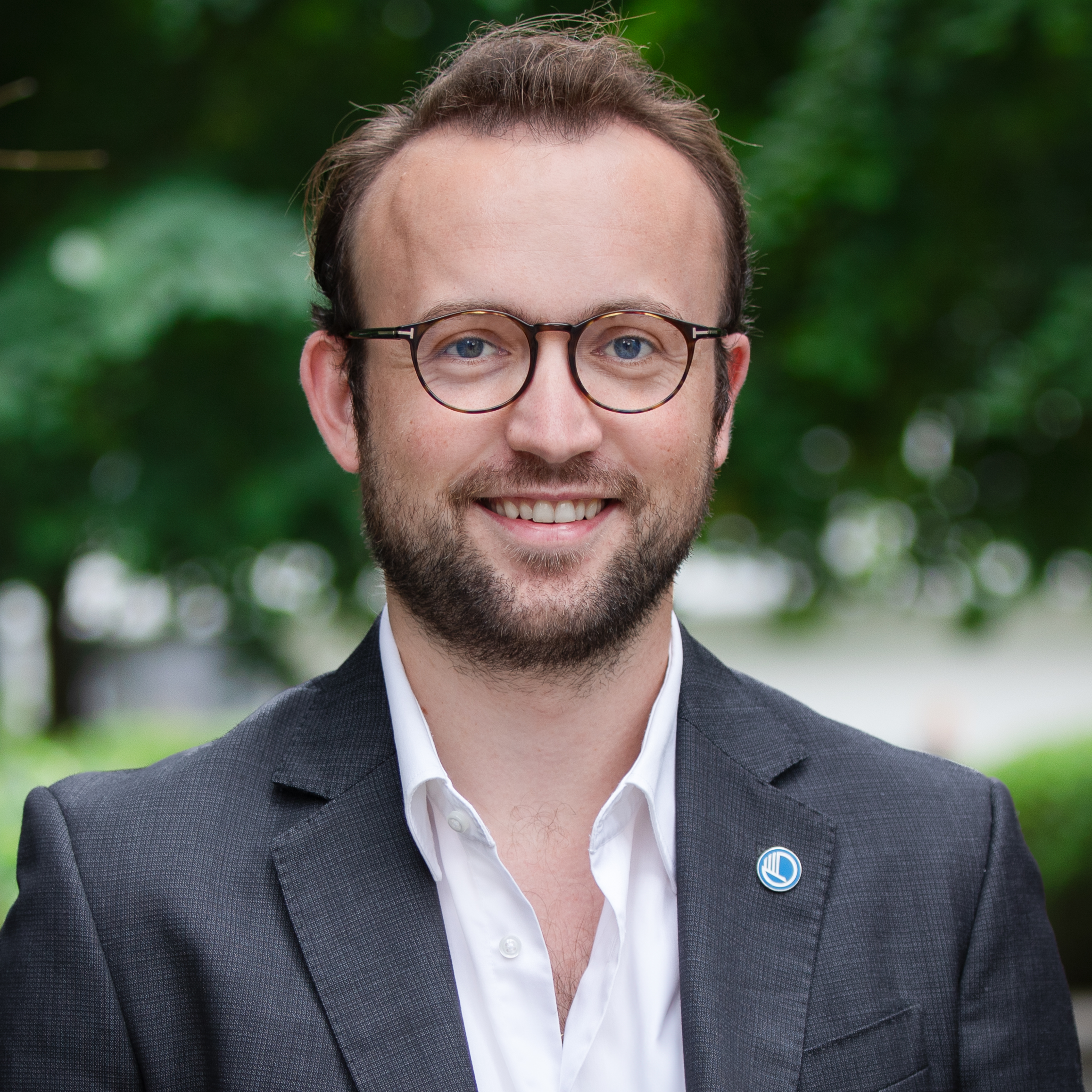
About E-Pla2Meth
The increasing consumerism leads to rising amounts of plastic waste, and it is estimated that 6.3 billion tons of this waste were generated globally up to 2018. Plastic waste is…
The increasing consumerism leads to rising amounts of plastic waste, and it is estimated that 6.3 billion tons of this waste were generated globally up to 2018. Plastic waste is a high concern in the Nordic and Baltic states, as 70% of waste found in the Baltic Sea is plastic. For this reason, a lot of efforts are made to catch trash from the water and utilise it in a waste-to-energy pathway through incineration. However, increasing amounts of plastic waste for incineration lead to higher emissions of CO2. Considering the Green Deal and Nordic Vision 2030 targets, this project will demonstrate the concept of two intensified processes for the conversion of plastic wastes into methanol via water vapor plasma-assisted gasification and sorption-enhanced methanol synthesis (Plasma-Gasification-SEM).

Photo: Zigmunds Dizgalvis via iStock
The aim of the project is to efficiently convert plastic waste to green methanol. The efficient conversion of plastic waste to methanol requires extensive knowledge of material sciences, thermochemical processes, and process intensification.

